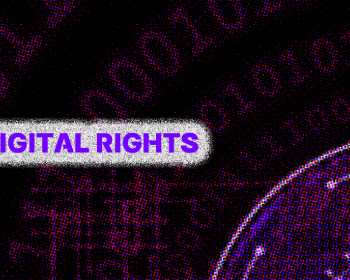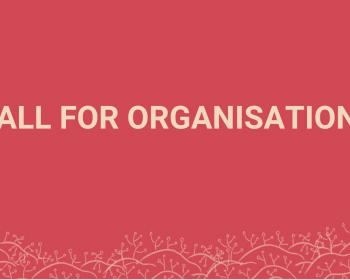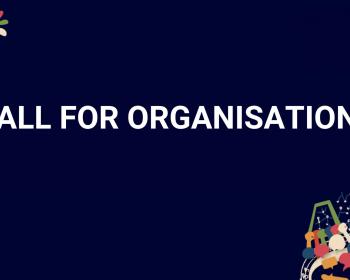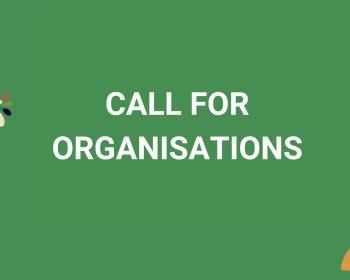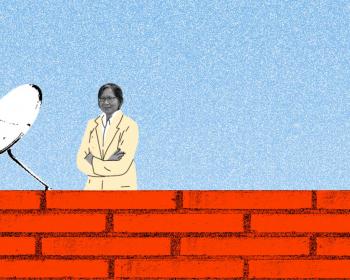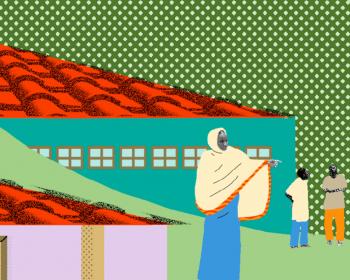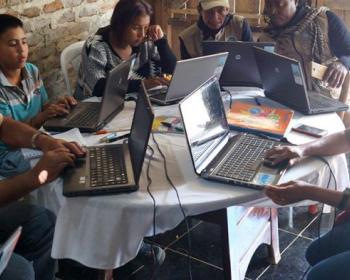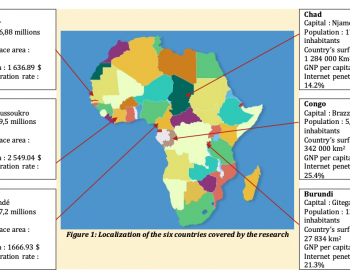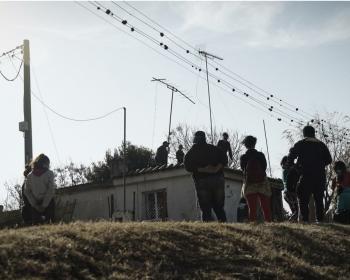Swedish International Development Cooperation Agency (Sida)
Sida is a government agency working on behalf of the Swedish parliament and government, with the mission to reduce poverty in the world. Through their work and in cooperation with others, they contribute to implementing Sweden’s Policy for Global Development (PGU). They carry out enhanced development cooperation with a total of 35 countries in Africa, Asia, Europe and Latin America. The selection of cooperation countries are based on political decisions made by the Swedish government.
Work supported:
-
Core funding for APC Strategic Plan (2020-2023)
-
Core funding for APC Strategic Plan (2016-2019)
-
Core funding for APC Strategic Plan (2013-2016)
-
Global Information Society Watch (2008-2011)
-
Internet Rights Are Human Rights (2010-2012)
-
Placement of trainee staff through Bilateral Associate Expert Training Programme (2010-2011)
-
Study of Effects and Possibilities of ICT for Enhancement of Democracy with a Focus on Empowerment in East Africa (2008-2009)
In South Korea, there have been cases where automatic algorithms and AI have raised concern about the negative impact on human rights. In this research, the Korean Progressive Network Jinbonet presents in detail some of the cases that have sparked controversy in Korean society.
The Local Networks initiative invites host institutions in Africa, Asia and Latin America that are already working with community networks to apply and nominate one candidate for the position of gender coordinator in the region of their scope.
The Local Networks initiative invites host institutions in Africa, Asia and Latin America that are already working with community networks to apply and nominate one candidate for the position of capacity-building coordinator in the region where they work.
The Local Networks initiative invites host institutions in Asia* that are already working with community networks to apply and nominate one candidate for the position of policy coordinator. Find out more.
This year’s theme of the Internet Governance Forum (IGF) was “The Internet We Want – Empowering All People”. If the theme were a question – What is the internet we want? – voices from a series of short interviews at the forum highlighted different aspects of an answer.
In November we are launching the last two episodes of the first season of the Routing for Communities podcast! This month, we travel to Thailand and Kenya to discover inspiring stories of pioneering actions centred on local communities.
In this issue, we celebrate and share the experiences of women who are overcoming challenges and stereotypes of gender, class and race to build more inclusive spaces and experiences to foster community-centred connectivity around the world.
In this edition we can see many examples of community-centred initiatives flourishing in Asia, Africa and Latin America. Welcome to the 61th monthly round-up of developments impacting your local access networks and community-based initiatives.
Organisations and independent experts from six Sub-Saharan African countries that share French as one of their national languages have developed an approach for assessing the level of respect for human rights online by their governments: the African Index of Internet Rights and Freedoms.
The Universal Service Fund – created precisely to subsidise the promotion of universal access to telecommunications services – should include community-led models, as recommended by ITU on several occasions, and advancing in countries such as Argentina, Malawi and Kenya.

Association for Progressive Communications (APC) 2022
Unless otherwise stated, content on the APC website is licensed under Creative Commons Attribution 4.0 International (CC BY 4.0)



